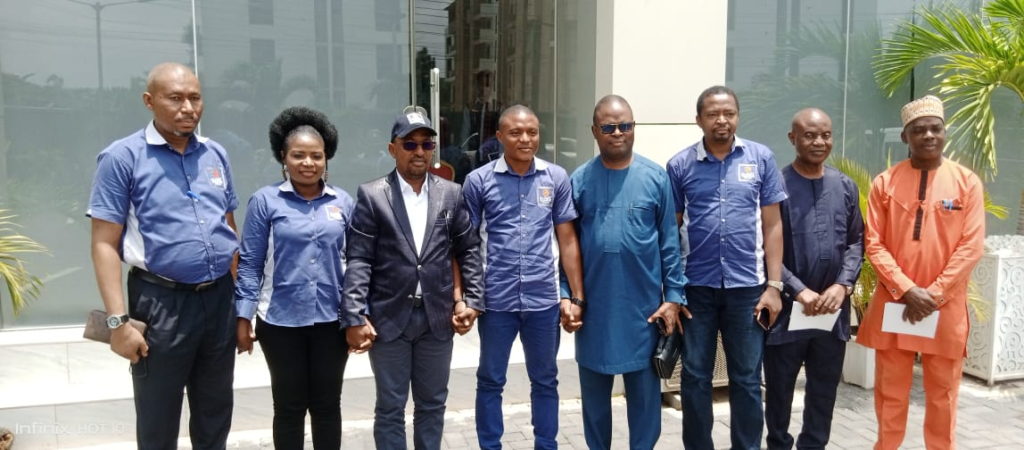
Dr Oluwasegun Musa, the Chairman/Chief Consultant, Global Transport Policy (GTP) Ltd., has stressed the need for a sustainable conversation for an excellent transport infrastructure blueprint to boost Nigeria’s economic development.
108scoop reports that Musa spoke at a media conference on Thursday in Lagos.
He said that a sustainable blueprint for transport infrastructure would facilitate the movement of people, goods, and ideas across climes and nations.
Musa noted that the blueprint would enable states to engender comprehensive transport growth for economic impact through strategic collaborations to reinforce national advancement.
He added that each state had potential that should be identified and harnessed to encourage investments.
The chief consultant said that the forthcoming GTP annual roundtable would unveil the critical components of the transport industry as prime enablers for rapid growth.
He noted that efficient trade, innovation and social cohesion would be guaranteed with efficient transportation networks.
“The conversation will take place at the GTP Annual Roundtable and Bilingual Magazine public launch slated for April 24.
“The President of the Federal Republic of Nigeria, Lagos State Governor, Ministers of Transport, Aviation & Aerospace Development, Marine & Blue Economy, Industry, Trade & Investment and Foreign Affairs among others will attend.
“The keynote presentation will be delivered by Dr Alban Igwe, a seasoned global transport specialist, who will be shaping the conversation around the theme of holistic engagement.
“The first panel session will have critical agencies of government like the Nigeria Railway Corporation, the Federal Airports Authority of Nigeria, the Nigerian Ports Authority and the Central Bank of Nigeria who will engage in a roundtable discourse,” he said.
He said the theme: ‘Transport Infrastructure and Strategic Policy Intervention: Building Blocks for Economic Growth’, captures the desires of stakeholders and a call to action across the spectrum of industry players.
“Trends and developments in recent times have shown the need for this urgent conversation to foster economic growth in the transport industry.
“International diplomats from embassies of France, Singapore, United Kingdom and the United States will be delivering justice to the second-panel session titled: “Intermodal Transport in the 21st Century: Trends, Developments and Policies in Developed Nations,” he said.
Musa added that the conference would serve as an official launch of Global Transport Policy Magazine, a bilingual magazine produced quarterly, with authoritative trend-spotting and compelling cross-cutting analysis.
“Global Transport Policy Magazine is aimed at helping local and international governments shape workable policies and perspectives for better outcomes.
“This compendium catalogs global trends, events, innovations, challenges and solutions for holistic analysis and stakeholder engagement with broad industry insight and cutting-edge research,” he said.
Also speaking, Igwe stressed that sustainable conversation with strategic moves was very important in actualising Nigeria’s potential in the transport industry.
“We should see ourselves as problem solvers and jettison the notion that this move will not work as others before it did not work.
“Many things hinder our growth in the country, we should be part of those to make the change and we can achieve this by rejigging ourselves to achieve the potential in the sector,” he said.

